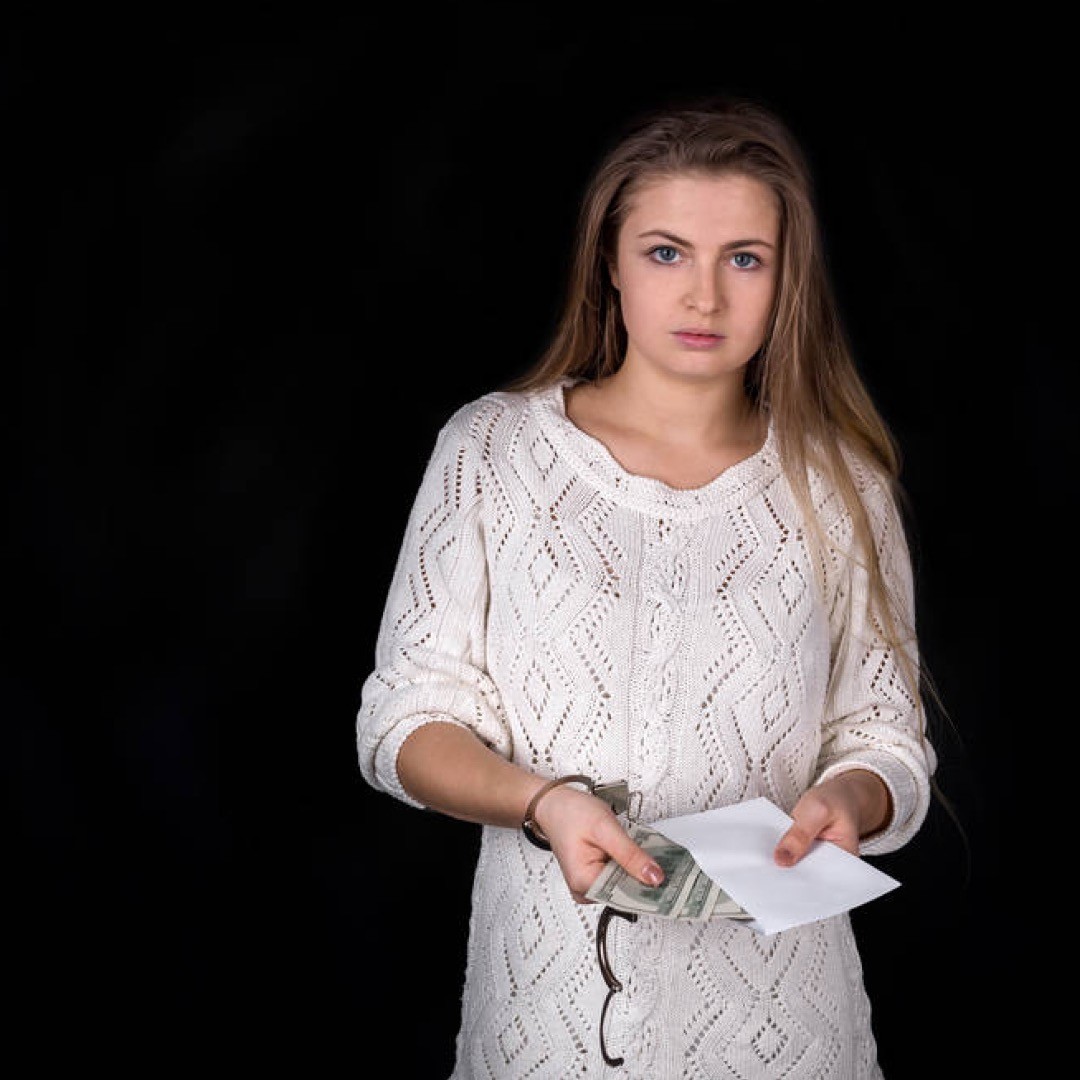Does Crime Pay? The Case of Anna Sorokin

- Updated On: Jan-26-2023
Anna Sorokin, also known as the "fake heiress" or "Anna Delvey," made headlines in 2019 for her elaborate scam in which she posed as a wealthy German heiress with a $60 million trust fund in order to scam banks and other financial institutions. After being convicted and sentenced to four to 12 years in prison, Sorokin has now reportedly been paid $320,000 by Netflix for the rights to adapt her life story into a TV series.
But does this mean that crime does, in fact, pay? Not quite. While Sorokin has been able to secure a significant sum of money from her crimes, the majority of that money has not gone to her but rather has been used to pay restitution to the banks she scammed, as well as fines and attorney fees. Additionally, Sorokin's funds were frozen under New York State's "Son of Sam" law, which is designed to prevent criminals from profiting from their crimes.
It's worth noting that the "Son of Sam" law is a rare invocation, and it's not clear how many criminals actually end up paying restitution or having their funds frozen. Sorokin's case highlights the ongoing debate over whether criminals should be able to profit from their crimes, and whether laws like the "Son of Sam" law are effective in preventing this.
Sorokin's case also raises broader ethical questions about the entertainment industry's fascination with true crime stories and whether it is morally acceptable for convicted criminals to profit from their crimes in this way. Sorokin's story, like many true crime stories, is a cautionary tale about the dangers of greed and deception. But it also serves as a reminder that the criminal justice system is not always able to provide justice for victims or hold criminals fully accountable for their actions.
In conclusion, the case of Anna Sorokin raises many questions about whether crime does pay, and whether criminals should be able to profit from their crimes, but in this case the majority of the money was used to pay restitution, fines and attorney fees, and the person was also frozen under the "Son of Sam" law, which is a rare invocation.
Read original Article Here:
*Stock Photo Used Not Anna Sorokin
Read about the Latest News. Become an Entertainment Contributor
© 2024 AuditionList.io All Right Reserved.


